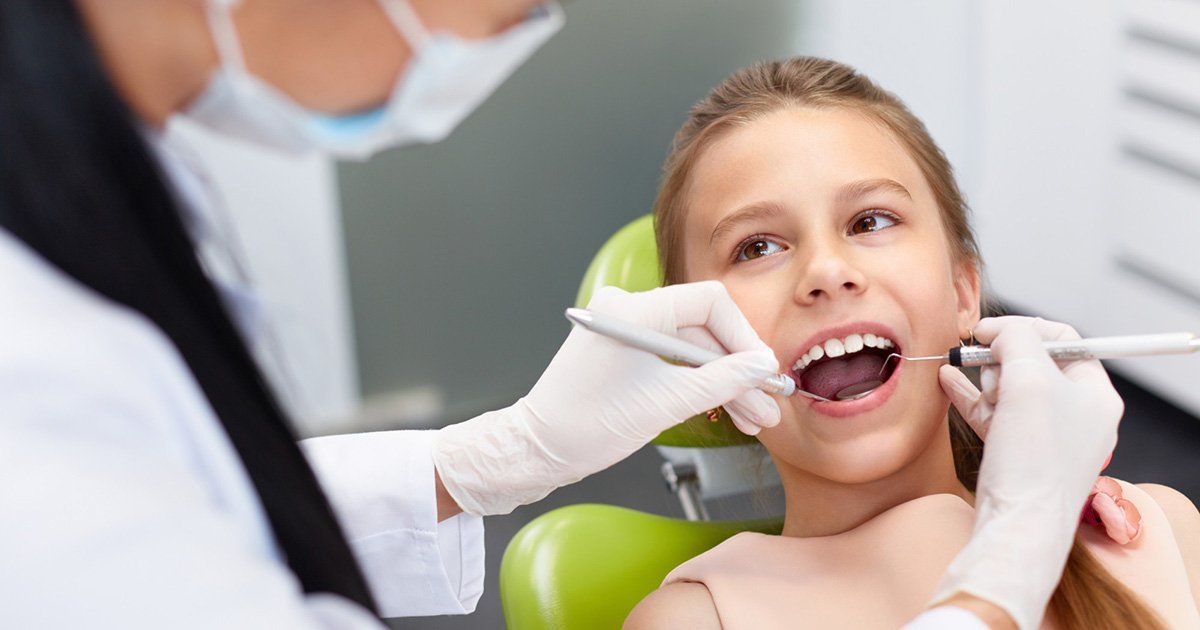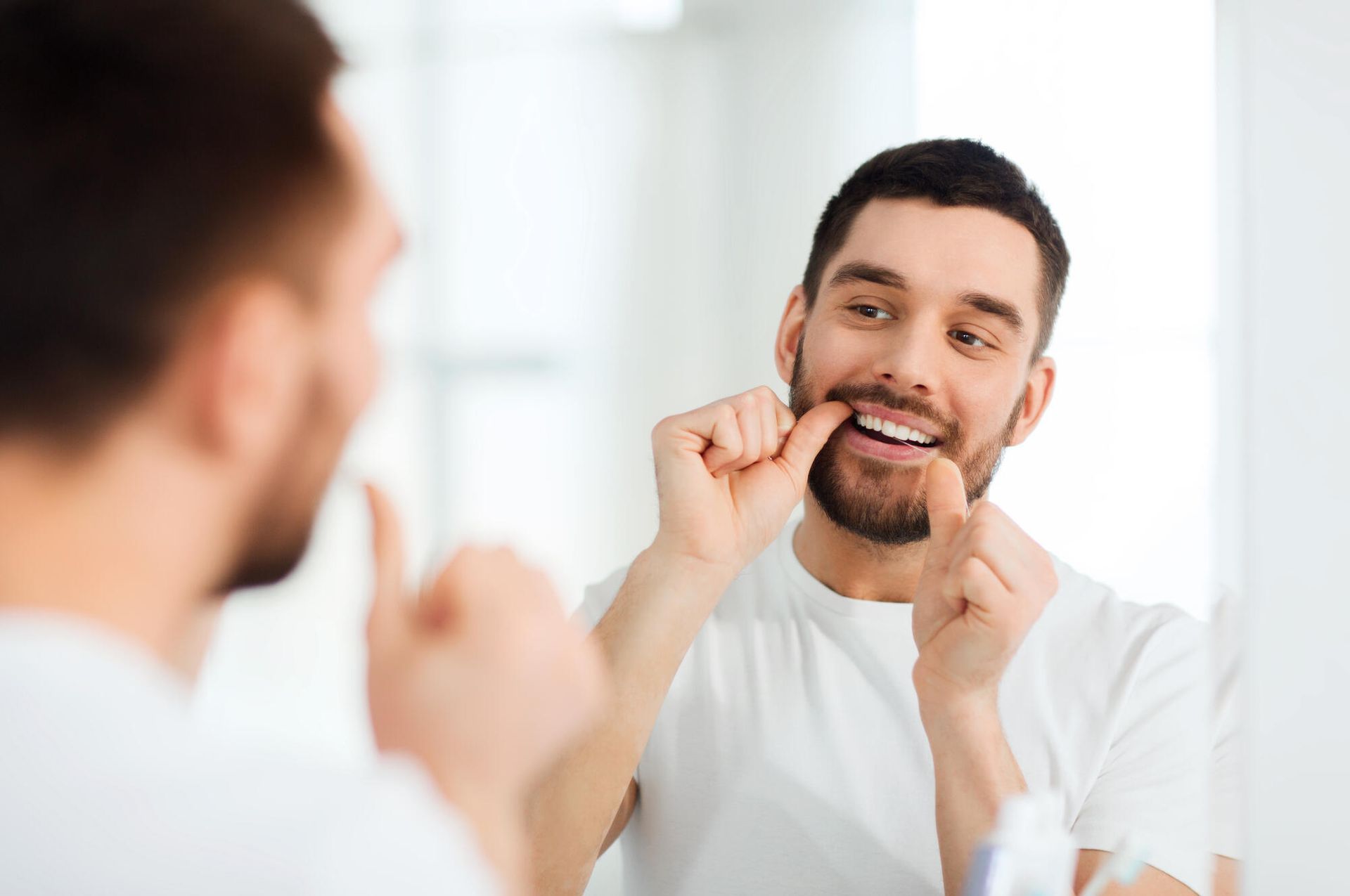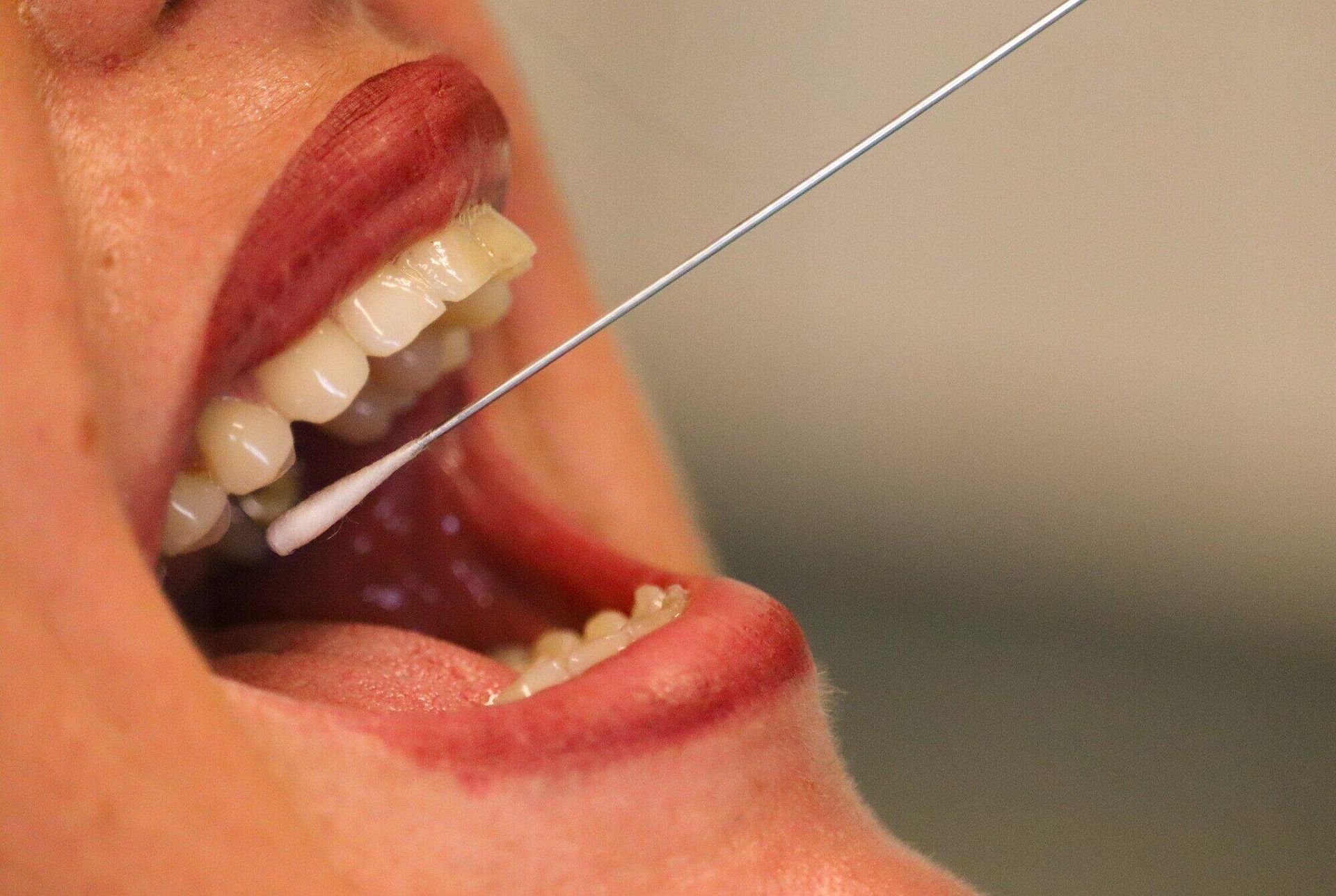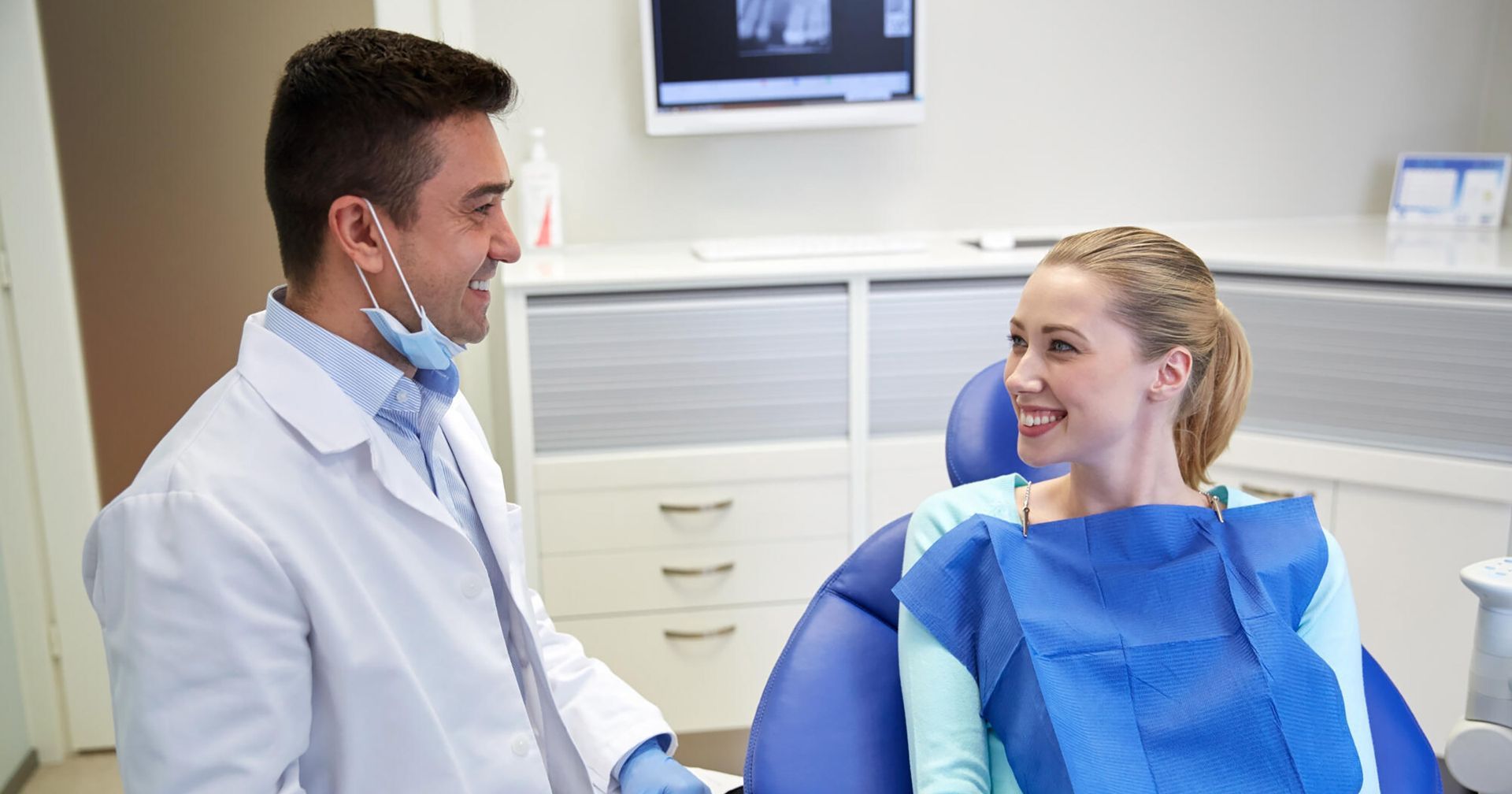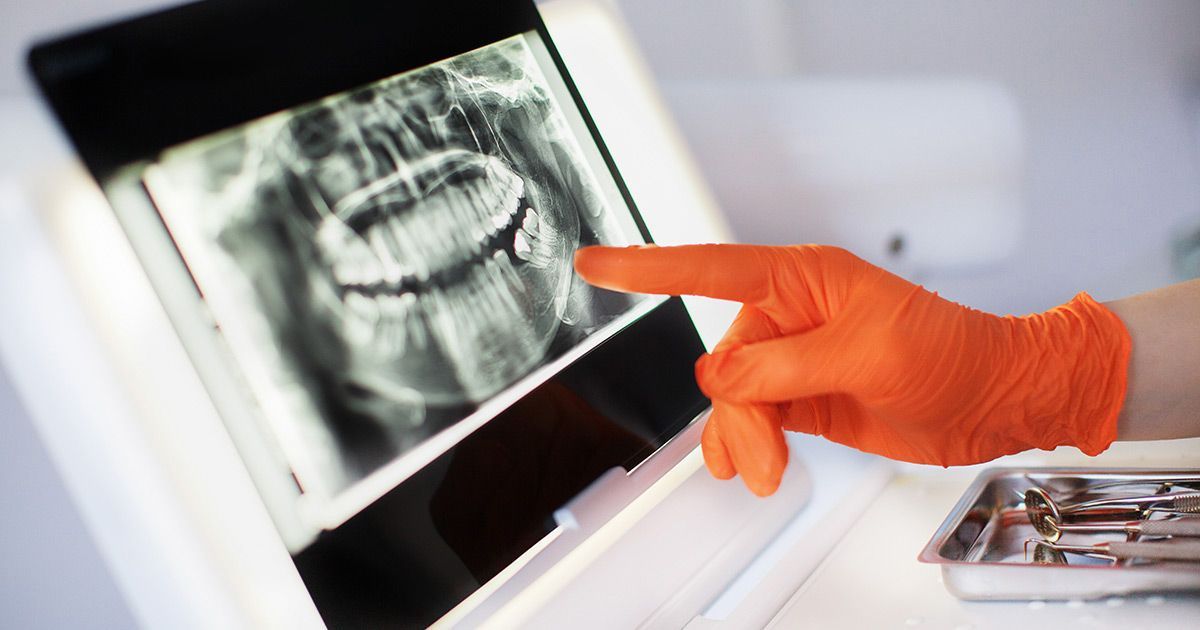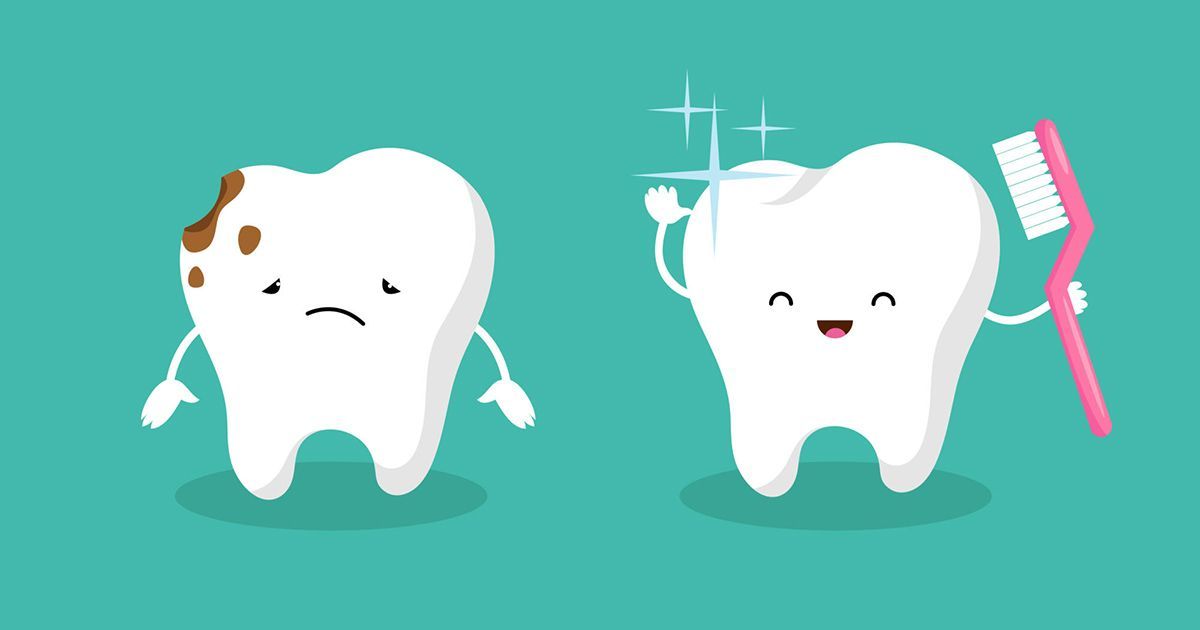7 Types of Preventive Dental Care
Regular visits to a dentist in Ashburn, VA is just one form of preventive dentistry. Discover 7 different types of preventive dental care here.
Did you know that in the US, before coronavirus, a third of adults under the age of 65 had not had a dental exam or cleaning in the previous 12 months?
The best way to keep your teeth healthy is to regularly visit your dentist in Ashburn, VA, and combine an at-home personal care routine. Gum disease, tooth decay, and other dental problems can all be prevented with routine checkups and cleanings at the dentist.
Good oral care is essential for overall health. For example, brushing your teeth daily can help avoid cavities, while flossing and regular dental cleaning will keep your teeth in perfect condition. Learn about seven different types of preventive dental care.
Preventive Dental Care, Who Needs It?
The answer is straightforward, everyone does! From childhood up to late adulthood, preventive dental care can offer many benefits to save people time, money, and pain.
Children's dental development must be continuously watched to ensure normal adult tooth development. Adults need a regular cleaning and exam routine to detect oral illnesses early. The elderly require frequent dental treatment also to avoid health consequences.
Benefits of Preventive Dentistry
Early detection and treatment of potential diseases are easier with regular preventive care. It is better and easier to use preventive treatment than stop or correct a problem once it has begun. You can save a small fortune by avoiding more intensive treatments and oral procedures.
Gum disease can negatively impact dental health. Untreated, it can cause:
- Tooth loss
- Gum infection to surrounding tissues
- Bone loss.
Diabetes and heart issues are all significant complications of gum disease. However, gum disease can be recognized early and treated with preventive dentistry.
Different Preventive Dental Treatments
There are many preventive treatments to be had. The following are the seven most common preventive dental treatments used:
1. Dental Cleaning By Professionals
Brushing and flossing daily is essential for good oral care, but visiting a dental hygienist or dentist for dental cleaning is the most effective way to remove plaque and tartar buildup. Plaque becomes trapped between the teeth and gums, making it difficult to remove with brushing alone. So instead, dentists use specialized methods to remove plaque between the gums and the teeth.
Your dentist will use a type of deep cleaning that uses either a metal scraper or an ultrasonic dental cleaner. This is known as scaling.
Your teeth may be polished after scaling. Usually, a grainy paste is used. It removes surface stains from teeth. Lastly, your dentist will use floss to clean the spaces between your teeth.
2. Schedule Regular Visits to Your Dentist
Dental appointments should not be booked only when a problem arises. Prevention is always better than cure, and there are many additional benefits to visiting your local dentist regularly.
One of the most important examinations your dentist will do is a check for any unusual signs that something is wrong. Typically, these visits are brief and yield no results, but they may save your life in the long run.
With just a mirror, you can see the health of your teeth and underneath your gums. There may be a lot going on there that you are unaware of.
During these visits, dentists can detect dental problems and gum disease. When it comes to your oral health, you need to be proactive and see your dentist often so they can spot issues early on.
3. Brush Your Teeth Twice a Day
Brushing our teeth is the first oral hygiene tip we get taught from an early age, and it should not come as a surprise. This is where you should start with your oral hygiene routine! Brushing your teeth should be done at the beginning and end of your day.
What you use to brush your teeth is also as essential as when you brush. For example, soft-bristled toothbrushes are gentler on your dental enamel while effectively cleaning your teeth. You might also want to think about getting an automatic toothbrush.
Thirdly, look for fluoride toothpaste with the seal of approval from the American Dental Association. Again, your dentist might have specific recommendations.
4. Floss Every Day
Flossing is necessary because toothbrushes do not reach between teeth. Throughout the day, things get lodged between the teeth, such as:
- Food particles
- Small debris
- Bacterial matter
All this stuff needs to be removed. If those particles are not removed, tartar and plaque will form quickly, leading to gum disease.
Develop a habit to floss at least once a day, after your last meal and before bed.
5. Sealants for Teeth
Some individuals are more susceptible to tooth decay and cavities than others. Therefore, your doctor may suggest dental sealants based on your dental records and condition.
Sealants are plastic coatings applied to the surface of your premolars and molars. This coating prevents bits of food from becoming trapped between the teeth. However, because they do the majority of chewing when we eat, the back teeth are more prone to decay.
6. Change Toothbrushes Often
Bacteria collect on a toothbrush over time. This renders it ineffective and potentially harmful to your dental health. Replace your toothbrush every three months to ensure that it benefits rather than harming your smile.
7. Keep a Healthy Diet
What you eat affects both your dental and overall health. Sugar and carbs enable disease-causing germs to proliferate. Instead, stick to these healthy foods for a healthy mouth:
- Fruits and green vegetables
- Lean proteins
- Whole grains
- Low-fat dairy foods
It's also essential to drink lots of fluids throughout the day. This will keep your mouth clean as well as bacteria balanced.
Keep Your Smile Going with a Dentist In Ashburn, VA!
A dentist in Ashburn, VA, such as 'Simply Smiles' is the best qualified to assist you in maintaining your oral health. Therefore, the dentist should be your first contact point if you have issues with your teeth or mouth.
Don't hesitate to
contact us if you would like to book an appointment with us or if you need to report an emergency. Our helpful office staff is always available to assist you.





